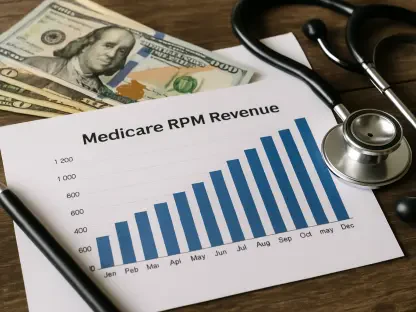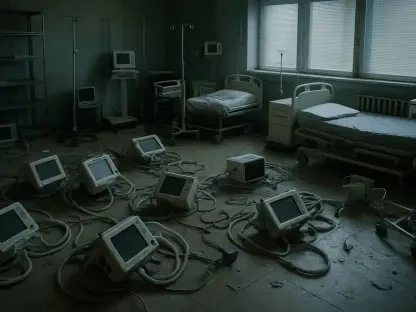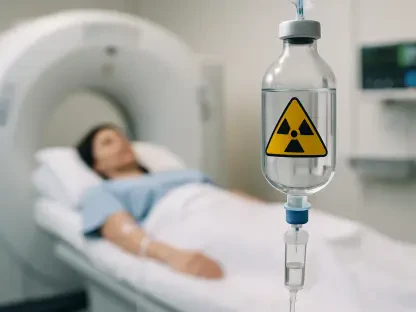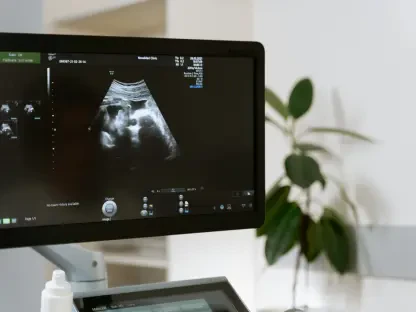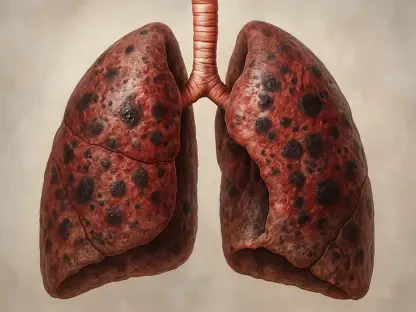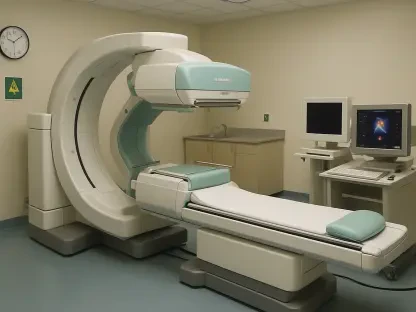In Johnston County, where access to consistent healthcare services can be a significant challenge, UNC Health Johnston’s Mobile Outreach Unit has become a lifeline for uninsured individuals. This mobile unit, essentially a doctor’s office on wheels, is equipped with comprehensive medical equipment, including an exam table and a consultation area, to provide a wide array of medical services. By bringing healthcare directly into communities, especially rural areas, the unit aims to bridge the gap for those who might otherwise go without essential medical care. The unit’s overarching goal is simple yet profound: to meet patients where they are, ensuring that no one is denied care due to logistical or financial barriers.
The services provided by the mobile outreach unit are extensive and designed to offer a holistic approach to health. From routine medical screenings to connecting patients with primary care physicians, as well as conducting necessary medical tests such as CAT and PET scans, the unit offers these invaluable services free of charge. This ensures that even the most financially strapped individuals can receive the medical attention they need without the added burden of cost.
Comprehensive Medical Services on Wheels
Leah Johnson, the community outreach coordinator for UNC Health Johnston, plays a critical role in orchestrating the multifaceted efforts of the mobile unit. A significant part of the unit’s operations involves creating and maintaining medical charts for patients within their electronic system. This organization allows for better tracking of patient history and facilitates easier scheduling of appointments. Additionally, the unit helps patients register for future appointments, connects them with physicians, assists with lab work procedures, and helps cover the costs associated with these procedures and necessary medications. This thorough and supportive system ensures that patients receive not only initial care but also necessary follow-ups and continued treatment.
Many who visit the mobile unit lack insurance and have been grappling with chronic conditions such as diabetes and high blood pressure. These conditions often become mismanaged due to limited access to necessary medications, resulting in severe health consequences. Johnson recounts encountering many patients with a combination of high cholesterol, high blood pressure, and diabetes—a trifecta that can be challenging to manage without timely medical intervention. For these individuals, the unit’s efforts are particularly crucial in addressing and managing their chronic conditions, preventing them from falling through the cracks of the healthcare system due to financial constraints.
Addressing Chronic Conditions and Severe Illnesses
Beyond routine check-ups, the mobile outreach unit is also equipped to screen for severe illnesses including cardiovascular disease, prostate cancer, colorectal cancer, and lung cancer. These screenings are essential in a county with a strong historical association with tobacco farming, contributing to a culture of tobacco use that increases the incidence of lung cancer. Data from the CDC indicates that rural areas have seen slower reductions in cancer death rates compared to urban areas, with higher mortality rates from lung, colorectal, prostate, and cervical cancers. This makes the mobile unit’s role in early detection and management of such conditions even more critical.
One story that exemplifies the life-changing impact of the mobile unit is that of Sandy Hancock, a Smithfield resident who was diagnosed with lung cancer. Despite being aware of his risk due to a smoking history, Hancock was unaware of the progression of his illness until it had reached stage IV. With no insurance or employment, his options seemed bleak until he turned to the mobile outreach unit. There, he received a CAT scan, a PET scan, and subsequently a brain scan—at no cost. The swift and comprehensive care provided led to significant pain reduction and improved quality of life after his second round of chemotherapy. Hancock’s experience underscores the vital role the mobile unit plays in providing timely and potentially life-saving interventions, prompting him to advocate for others in the community to take advantage of these critical services.
Emotional and Tangible Impact on Patients
The profound relief and immense gratitude expressed by patients who have benefited from the mobile unit’s services paint a vivid picture of its indispensable role. Leah Johnson shares heartening stories of patients whose lives have been substantially improved by the care they received. These encounters often involve emotional exchanges of hugs and tears, illustrating just how much of a difference these community-centric healthcare initiatives can make. Patients often express their deep appreciation for the immediate and high-quality care, which many might have gone without due to financial limitations or lack of accessibility.
Moreover, the mobile outreach unit offers valuable learning opportunities for UNC medical students, who gain hands-on experience working in various community settings. This allows the students to understand the unique healthcare challenges faced by rural populations and equips them with the skills needed to address these challenges effectively in their future careers. This educational aspect further exemplifies the multifaceted benefits of the unit, enriching the learning experience of medical students while simultaneously serving the community’s immediate healthcare needs.
Expanding Accessibility Through Urgent Care Clinics
In Johnston County, where accessing consistent healthcare services is a major challenge, UNC Health Johnston’s Mobile Outreach Unit has emerged as a crucial resource for uninsured residents. This mobile unit functions like a doctor’s office on wheels, fully equipped with an exam table and consultation area to provide a range of medical services. By delivering healthcare directly into communities, especially rural ones, the unit tries to bridge the gap for those who might miss out on essential medical care. Its primary goal is straightforward yet impactful: to meet patients where they are, ensuring that logistical or financial barriers do not prevent anyone from receiving care.
The mobile outreach unit offers a wide array of services with a holistic health approach. These range from routine medical screenings and connecting patients with primary care physicians to conducting vital tests like CAT and PET scans, all provided free of charge. This ensures that even those facing severe financial hardships can receive necessary medical attention without the added worry of costs, thus promoting better health outcomes for the community.


